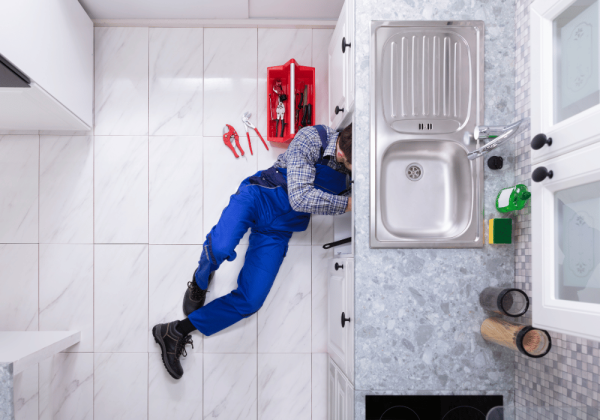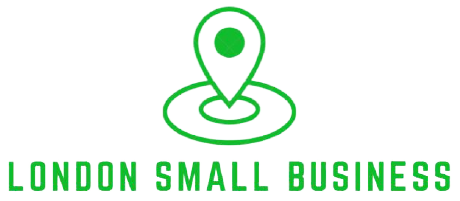Plumbing is one of those services you don’t think much about until you desperately need it. Whether it’s a dripping faucet that’s driving you crazy or a shower that won’t heat up, plumbers are the unsung heroes who come to our rescue. But what exactly does a plumber do? The profession extends far beyond fixing leaky taps and unclogging drains. In this post, we’ll dive deep into the world of plumbing, exploring the diverse roles and responsibilities of these skilled tradespeople.
The Broad Spectrum of Plumbing Services
 At its core, plumbing involves the installation, maintenance, and repair of piping systems that transport water, waste, gas, and air. However, the job of a plumber encompasses a wide array of tasks. Here’s a closer look at what plumbers do:
At its core, plumbing involves the installation, maintenance, and repair of piping systems that transport water, waste, gas, and air. However, the job of a plumber encompasses a wide array of tasks. Here’s a closer look at what plumbers do:
Installation Work
New buildings and homes need plumbing systems, and that’s where plumbers shine. They are involved in the design and installation of piping systems, ensuring that water flows efficiently and waste is disposed of properly. This includes installing fixtures like sinks, toilets, and showers, as well as appliances such as dishwashers and water heaters.
Maintenance and Repairs
One of the most common roles of a plumber is maintaining and repairing plumbing systems. This can range from fixing leaky pipes and faucets to replacing damaged water lines. Plumbers use a variety of tools to diagnose and fix issues, ensuring that your home or building’s plumbing operates smoothly.
Emergency Services
Plumbing emergencies can strike at any time, and when they do, plumbers are the first responders. Burst pipes, major leaks, and sewage backups require immediate attention to prevent water damage and health hazards. Emergency plumbers are available around the clock to address these urgent issues.
Inspections and Compliance
Plumbers also play a crucial role in ensuring that plumbing systems meet local building codes and regulations. They perform inspections and upgrades to comply with safety standards, protecting occupants and the environment.
Specialized Services
The field of plumbing also includes specialized areas, such as:
- Gas Plumbing: Installing and repairing gas lines for heating, cooking, and hot water.
- Hydronic Heating: Designing and installing systems that use water to heat buildings.
- Green Plumbing: Implementing eco-friendly solutions like rainwater harvesting and solar water heating.
The Skills and Tools of the Trade
Being a plumber requires a comprehensive skill set, combining physical dexterity with problem-solving abilities. Plumbers must understand the principles of water pressure, be proficient in reading blueprints, and have knowledge of local codes and regulations. They also need to be adept at using a wide range of tools, from basic wrenches and pliers to advanced diagnostic equipment like pipe cameras and pressure gauges.
Why Plumbers Are Essential
Plumbers play a vital role in our society, ensuring that we have access to clean water while safely disposing of waste. They protect public health by maintaining sanitation systems, contribute to the comfort of our homes and workplaces, and help conserve water through efficient plumbing solutions.
Becoming a Plumber
 For those interested in pursuing a career in plumbing, the path typically involves vocational training and an apprenticeship. Many plumbers also obtain certification or licensing, which may be required by their state or locality. With a growing emphasis on water conservation and green technologies, the demand for skilled plumbers is expected to rise, making it a promising career choice.
For those interested in pursuing a career in plumbing, the path typically involves vocational training and an apprenticeship. Many plumbers also obtain certification or licensing, which may be required by their state or locality. With a growing emphasis on water conservation and green technologies, the demand for skilled plumbers is expected to rise, making it a promising career choice.
The next time you call on a Kitchener plumber to fix a minor leak or install a new fixture, remember that there’s much more to their job than meets the eye. From ensuring the safety of drinking water to designing energy-efficient heating systems, plumbers are integral to the functionality and comfort of our daily lives. Their expertise and dedication keep our homes, businesses, and communities running smoothly, making them true masters of the pipes.
